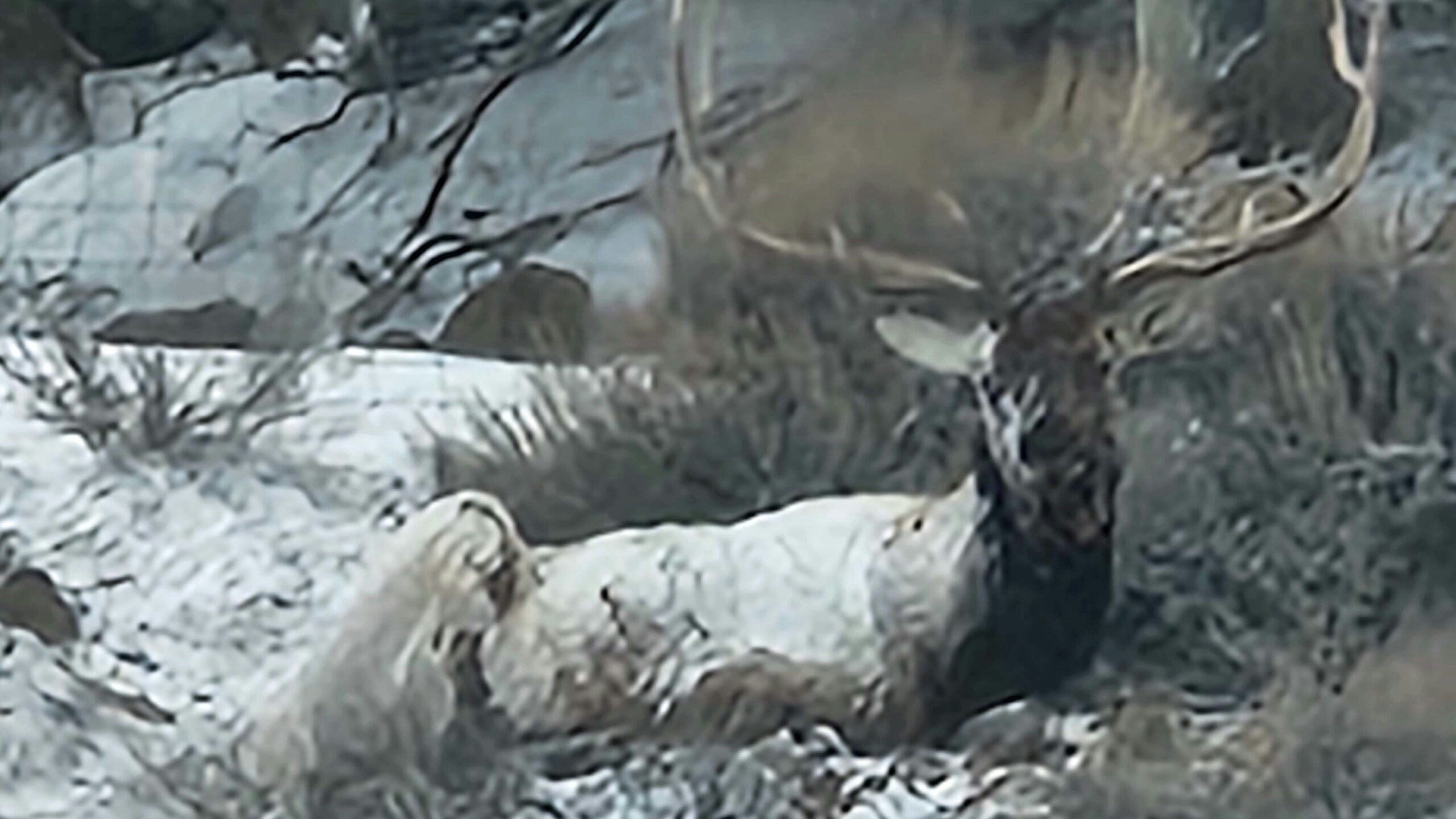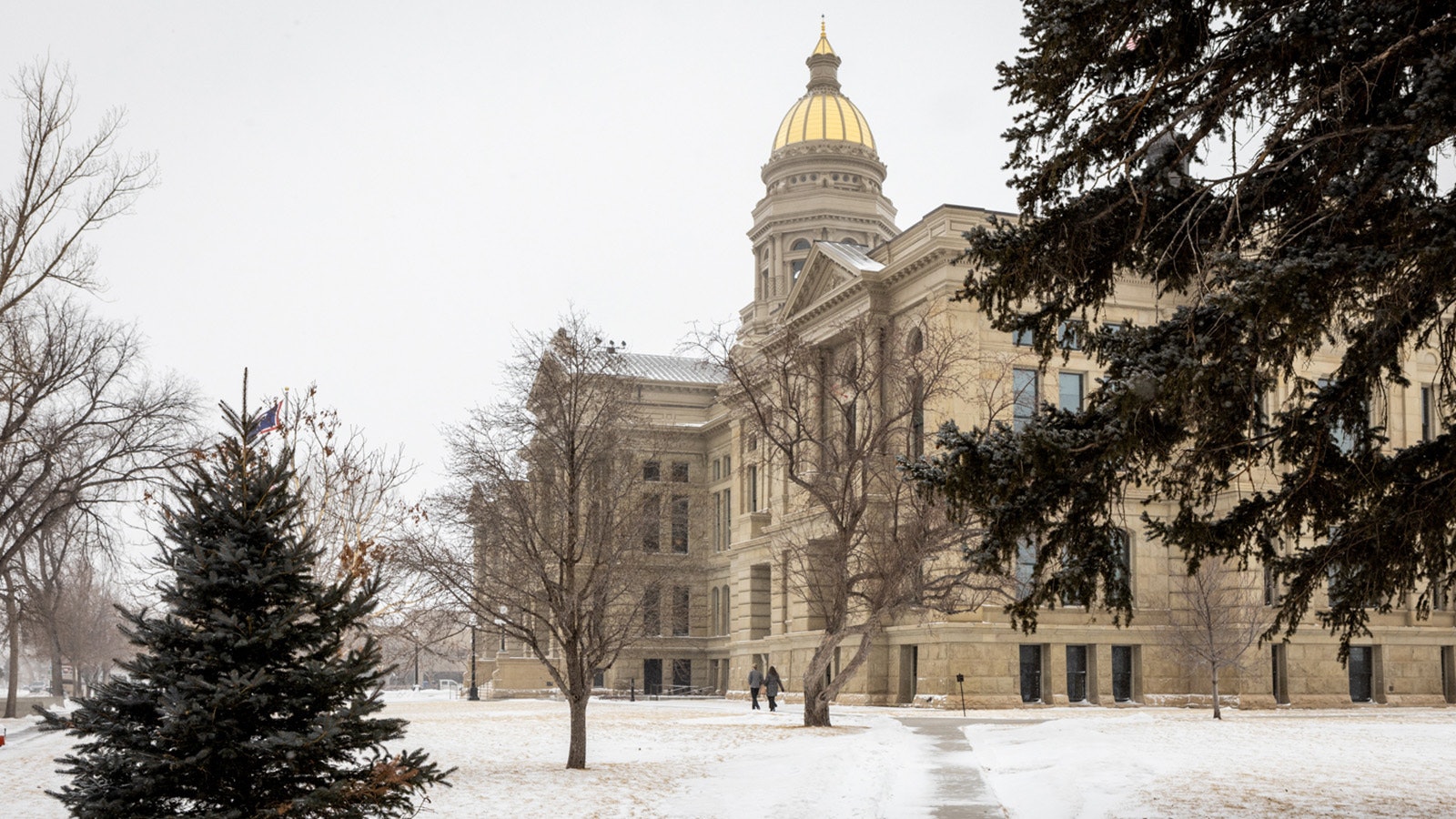Dear Editor,
Several articles this past week have highlighted the plight of our big game animals in the face of an exceptional winter.
When wildlife people can say things like 50% mortality of certain populations or that Rawlins is having an epic winter comparable to the winter of 1949, we know that our wildlife are facing extreme challenges. Don’t feed the animals or harass them in any way are all good pieces of advice.
Yet, most people may not recognize that placing thousands of square miles of wind turbines or solar panels right in their winter grazing areas is just that – harassing the wildlife.
There are currently permitted in Carbon and Albany counties alone some 900+ square miles of wind turbine plants about half of which are south and southwest of Rawlins.
Wind and solar development prefers the same land that big game animals depend upon in winter. Moreover, it will require that billions of taxpayer dollars will be used to support these energy systems rather than go to better uses.
The Inflation Reduction Act provides almost unimaginably large subsidies. Despite these massive subsidies, wind and solar promise to make our energy more expensive and less reliable unless additional dollars are spent on backup systems of various sorts.
On top of this, the replacement of coal fired plants especially with this so-called clean and renewable energy will destroy a wide swath of the Wyoming economy – good paying jobs that adopting the energy transition cannot replace.
Our economic pain will not do anything to reduce CO2 emissions. A new coal-fired plant opens somewhere in Asia every few days.
Wyoming winters are harsh and stress our wildlife during most winters. We can do nothing about our climate, but we can all do more to redirect an energy transition that makes no sense from any perspective.
Kevin Kilty, Laramie





